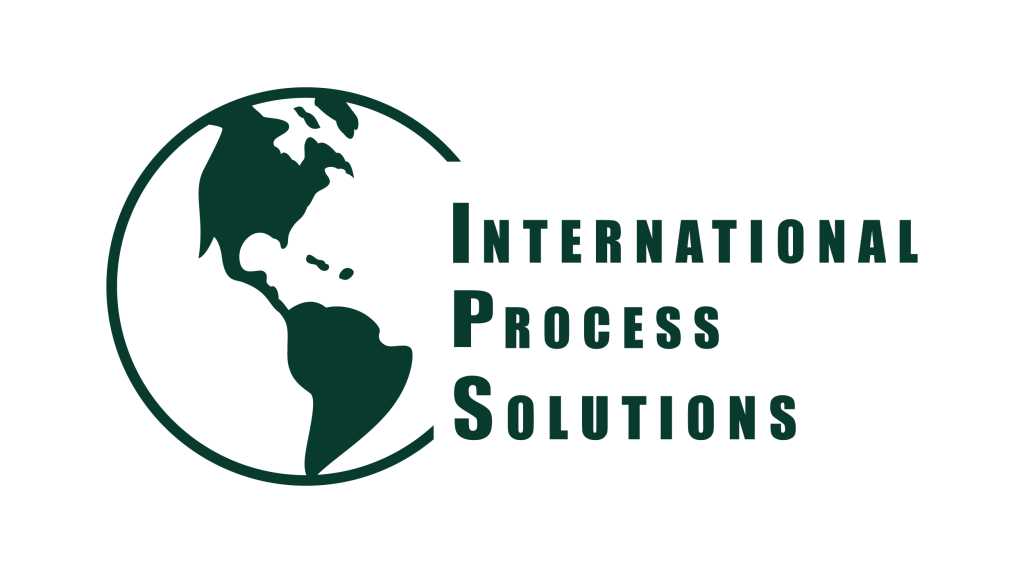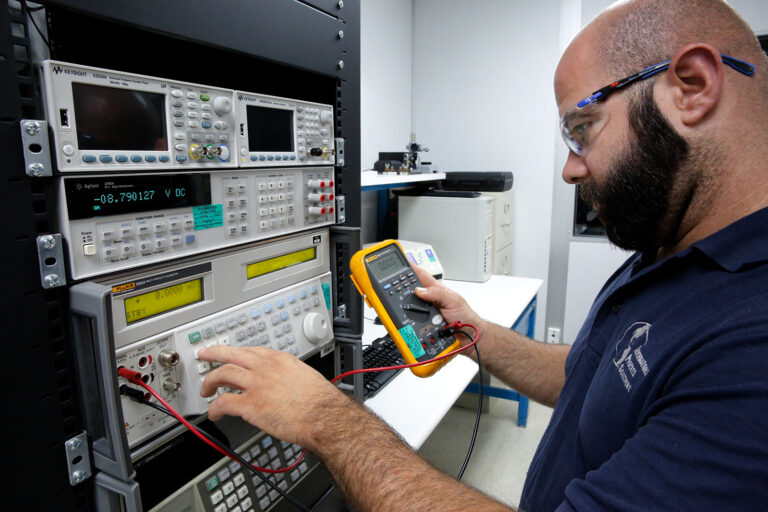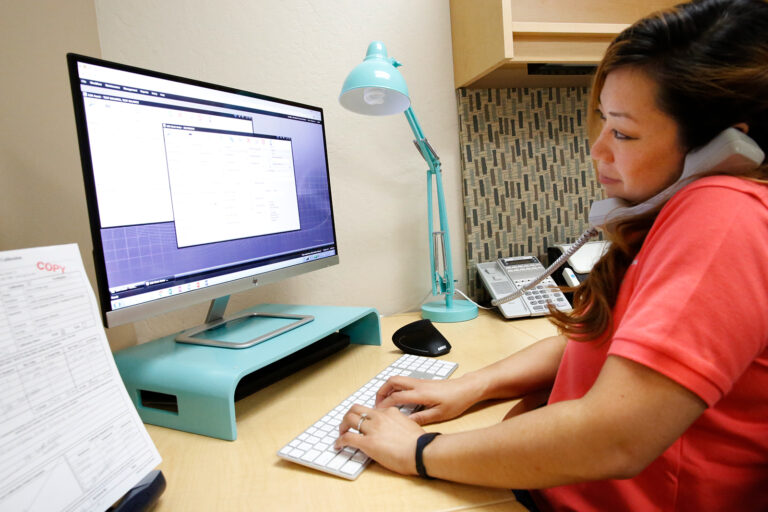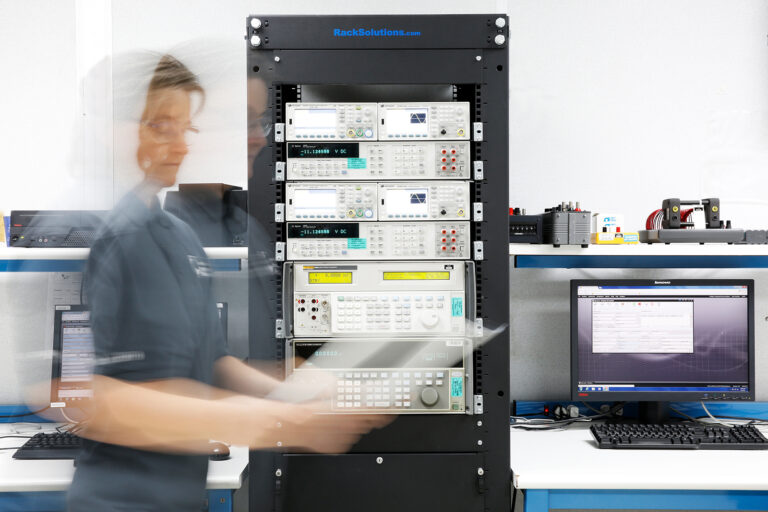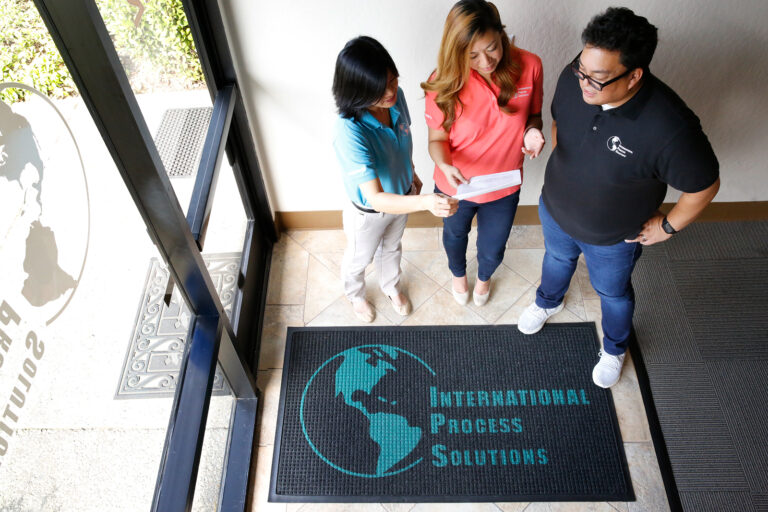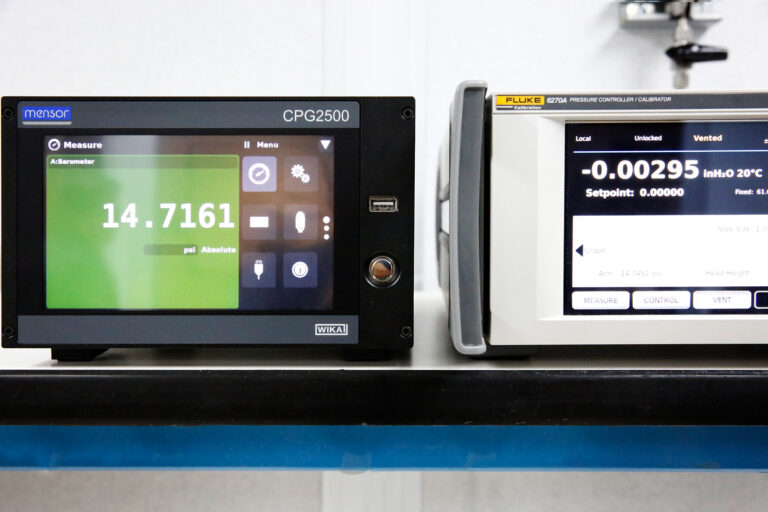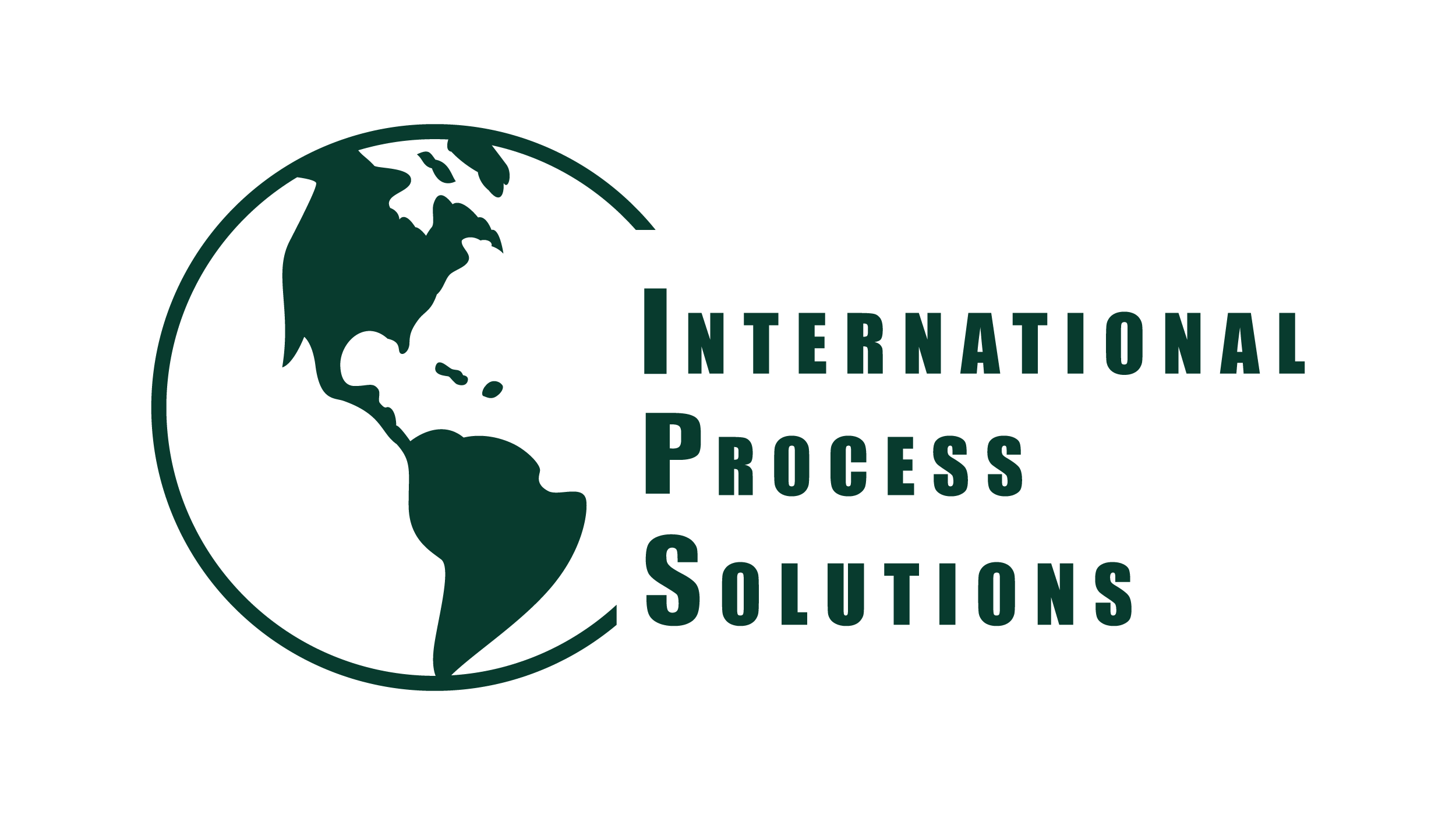Emergency and On-Demand Calibration Services: Fast, Reliable, and Always Ready When You Need It Most
When your equipment suddenly fails calibration during production or testing, every minute counts. In industries where precision is everything — from pharmaceuticals and biotech to aerospace and manufacturing — downtime isn’t just inconvenient; it’s expensive and potentially catastrophic. That’s where Emergency and On-Demand Calibration Services from International Process Solutions (IPS) step in to save the…
